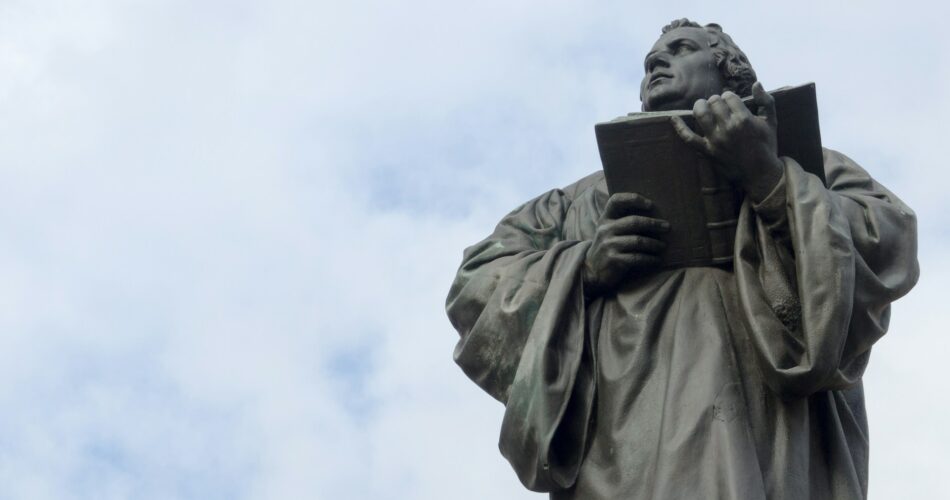All Charges Dropped For Christian Veteran
Last December, Michael Cassidy, a U.S. Navy veteran, made headlines for toppling a satanic statue at the Iowa State Capitol. He recently pleaded guilty to criminal mischief, agreeing to drop a felony hate crime charge in exchange.
Initially facing a misdemeanor charge, Cassidy found himself confronted with a felony under Iowa’s hate crime statute after the incident. However, in a plea deal, he accepted a third-degree criminal mischief charge without the hate crime enhancement. This decision came just days before his scheduled trial, where he could have faced up to five years in jail.
Expressing his relief on social media, Cassidy announced the dropped felony charge and his acceptance of a deferred judgment misdemeanor. He thanked his supporters, emphasizing the strength of Christian solidarity. His attorney, Davis Younts, credited the outcome to both public support and legal efforts.
The Polk County Attorney’s Office defended their initial hate crime charge, citing the violation of individual rights. However, they opted for a plea deal considering various factors, including Cassidy’s accountability and lack of criminal history.
The presence of the satanic statue and altar at the Iowa State Capitol sparked national debate over free speech and religious expression. Cassidy, in interviews, criticized the notion of defending Satan in a public space, emphasizing the simplicity of honoring God and resisting evil.
Throughout the ordeal, Cassidy garnered support from public figures like GOP Florida Gov. Ron DeSantis and Pastor John MacArthur, who praised his actions as noble. They questioned the presence of a satanic altar in a state building, highlighting broader cultural issues.
Cassidy’s case underscores the complexities of balancing religious freedom and public expression. While he faced legal consequences, his actions ignited discussions about constitutional principles and societal values.
